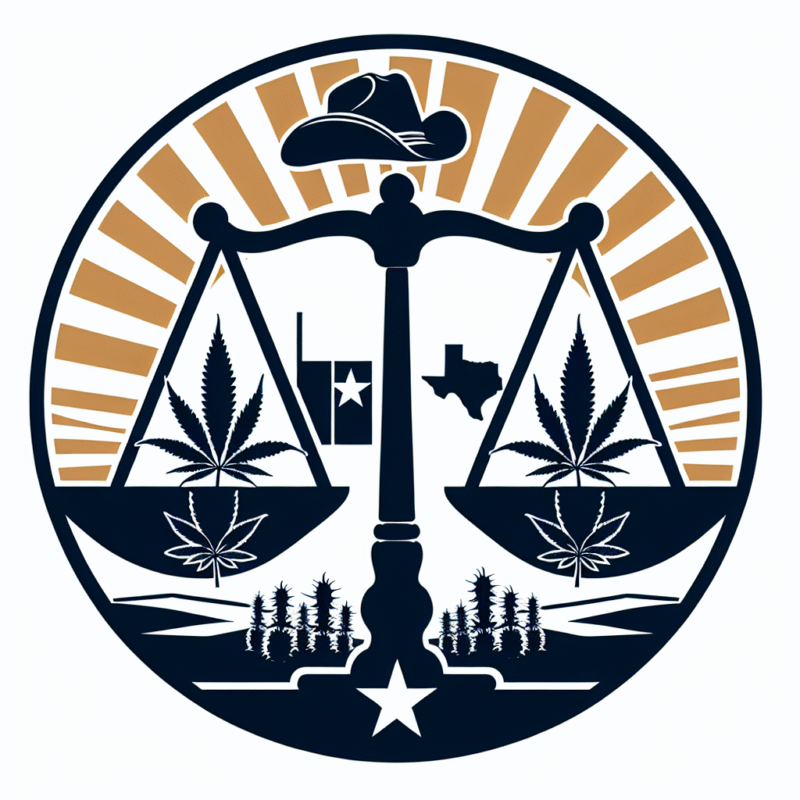Navigating the Legal Landscape: Hemp Flower and Texas Law
The legal landscape surrounding hemp flower in Texas is complex, evolving, and often confusing. As the hemp industry rapidly grows, it’s crucial for consumers, businesses, and legal professionals to understand the regulations and implications of hemp use in the Lone Star State.
The Rise of Hemp: A Brief Overview
Hemp has played a pivotal role in American agriculture history. Following its legalization under the 2018 Farm Bill, which removed hemp from the list of controlled substances, the market for hemp products—including CBD (cannabidiol) oil, cosmetics, and textiles—has surged. In Texas, this legislative change has spurred local farmers to explore the cultivation of hemp, leading to numerous economic opportunities.
Defining Hemp Flower
Hemp flower refers to the buds of the hemp plant. It contains high levels of CBD and low levels of THC (tetrahydrocannabinol)—the psychoactive compound responsible for the "high" associated with cannabis. Under federal law and Texas state law, hemp must contain less than 0.3% THC to be classified as legal.
Texas Law on Hemp Flower
Legal Status
In Texas, the cultivation, manufacture, and sale of hemp and hemp products, including hemp flower, are legal under the Texas Agriculture Code. The Texas Department of Agriculture (TDA) has established a regulatory framework to govern hemp production, ensuring compliance with the 0.3% THC limit.
Licensing Requirements
Getting involved in the hemp industry necessitates adherence to specific licensing procedures. Farmers must obtain a license from the TDA to cultivate hemp. Retailers selling hemp flower or hemp-derived products must also comply with local laws and regulations, including labeling requirements and product testing for THC content.
Regulations on Sale and Use
Hemp flower products can be sold in Texas, provided they meet regulations. However, the sale of smokable hemp products is subject to scrutiny. In 2021, Texas lawmakers sought to ban smokable hemp, but this ban was eventually overturned in court due to challenges claiming it was unconstitutional. Currently, businesses can sell smokable hemp flower, but they must ensure compliance with all local and state regulations.
Challenges Facing the Industry
Legal Confusion
Despite the legal advances, confusion remains about what constitutes "hemp" versus "marijuana." This often leads to misunderstandings among law enforcement, businesses, and consumers. Some local jurisdictions have instituted their own regulations, further complicating compliance.
Quality Control and Safety
The rapid growth of the hemp market has raised concerns regarding product quality and safety. Not all hemp products are equally regulated, leading to variations in potency, contamination, and labeling accuracy. Consumers are encouraged to purchase products from reputable sources that provide third-party lab testing to verify THC levels and ensure safety.
Future Legislation
As the hemp industry continues to evolve, so will the legal framework governing it. Legislators may introduce bills addressing taxation, regulation of CBD products, and federal guidelines. Stakeholders in the hemp industry must stay informed about potential changes to protect their interests.
Conclusion
Navigating the legal landscape of hemp flower in Texas requires vigilance and understanding of current laws. As the industry matures, stakeholders will need to adapt to evolving regulations while ensuring compliance. By staying informed and engaged, consumers and businesses can take advantage of the opportunities presented by the hemp market in Texas, fostering a safe and sustainable industry for the future.

